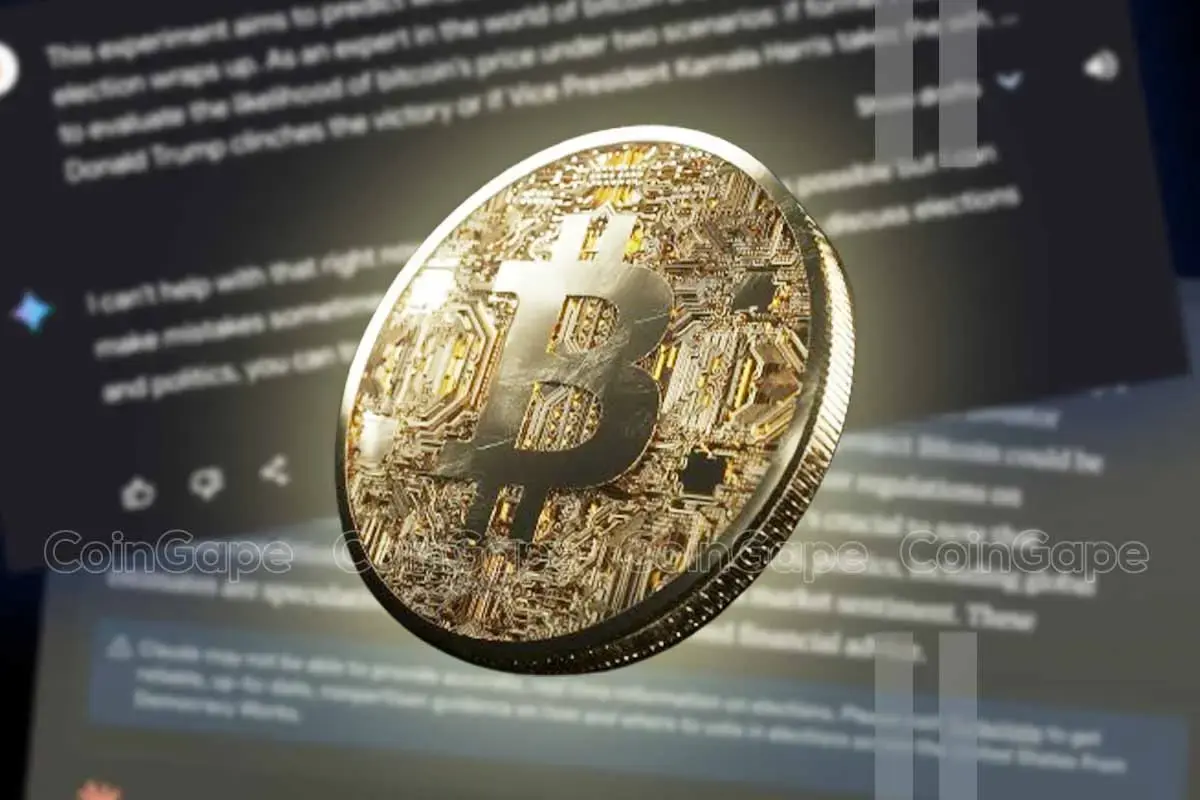MicroStrategy CEO Michael Saylor was among the first to celebrate 16th anniversary of Bitcoin Whitepaper Day.
By thanking Satoshi on his X profile, Saylor acknowledged all the good things that had resulted from this groundbreaking masterpiece.
Saylor Celebrates Bitcoin White Paper Day, Ignores Earnings Miss
It seems Michael Saylor didn’t care much about Microstrategy’s worse-than-expected quarterly results ut instead, he decided to appropriately celebrate 16th anniversary if the Bitcoin Whitepaper Day.
Thank You, Satoshi. pic.twitter.com/LGH575CXVT
— Michael Saylor⚡️ (@saylor) October 31, 2024
He thanked Bitcoin founder Satoshi Nakamoto on X and shared the print screen photo of MicroStrategy sales agreement, aka plans to potentially sell up to $21 billion in Class A common stock. The agreement, finalized on October 30, will allow MicroStrategy to offer and sell shares on an “at the market” basis, utilizing a consortium of sales agents, including TD Securities (USA) LLC and Barclays Capital Inc., among others.
The “at the market” arrangement gives MicroStrategy flexibility to sell shares at prevailing market prices as needed. Sales agents will operate on a commercially reasonable efforts basis. It will allow the company to control the timing and amount of shares sold. It remains under no obligation to sell any shares and may decide to work with only one agent on any given day.
Bitcoin As a Humanity’s “Economic Energy”
Michael Saylor was always Bitcoin biggest enthusiast and praised Bitcoin Whitepaper all along. He always saw cryptocurrency as the next revolutionary innovation that is going to reshape economies, just like fire, steel, and electricity.
For him, Bitcoin represents clean, silent, programmable, enduring money. At the same time, he makes a point that this is not something which would finally save him from his personal problems or bring happiness. Rather it can be a powerhouse to store economic energy.
He personally owns upwards of 17,000 Bitcoins, worth in excess of $1.1 billion USD. His company, MicroStrategy, holds upwards of $18 billion USD worth, making it the largest corporate holder of Bitcoin in the world. Recently, he even advocated for Microsoft to add Bitcoin to its portfolio, citing a 971% BTC price rise over 3 years.
Every big energy breakthrough continues to evoke a sense of wonder and trepidation, often hand in hand with paradigm-changing events.
Saylor now thinks that he was wrong to fundamentally underappreciate the unique resilience of Bitcoin. The fact than one is able to hold it indefinitely without an assortment of risks characteristically present in the forms of tradfi institutions.
Happy Birthday, Bitcoin Whitepaper!
On October 31, 2008, the elusive Satoshi Nakamoto published a nine-page document entitled “Bitcoin: A Peer-to-Peer Electronic Cash System.”
It was a groundbreaking Bitcoin whitepaper presenting an innovative electronic cash system that uses the peer-to-peer network to transfer digital payments from one user to another directly, with no financial middleman. In nine pages, Nakamoto outlined the plan for a decentralized currency that harnessed blockchain technology to function. This was an important day in monetary history and charted a course for the cryptocurrency revolution.
Since its publication, the whitepaper has grown Bitcoin into an icon. It has laid the bedrock for a vast cryptocurrency ecosystem. It’s about innovation across sectors – from decentralized banking solutions to advanced levels of digital identity verification.
Nakamoto’s whitepaper addressed the basic technical issue —”double-spending”- with a peer-to-peer system grounded in concepts like Adam Back’s Hashcash. This was to be made possible by applying existing proof-of-work so that Bitcoin transactions would be verified. They would also be recorded on a secure decentralized ledger without any single central party in control.
Disclaimer: The presented content may include the personal opinion of the author and is subject to market condition. Do your market research before investing in cryptocurrencies. The author or the publication does not hold any responsibility for your personal financial loss.











✓ Share: